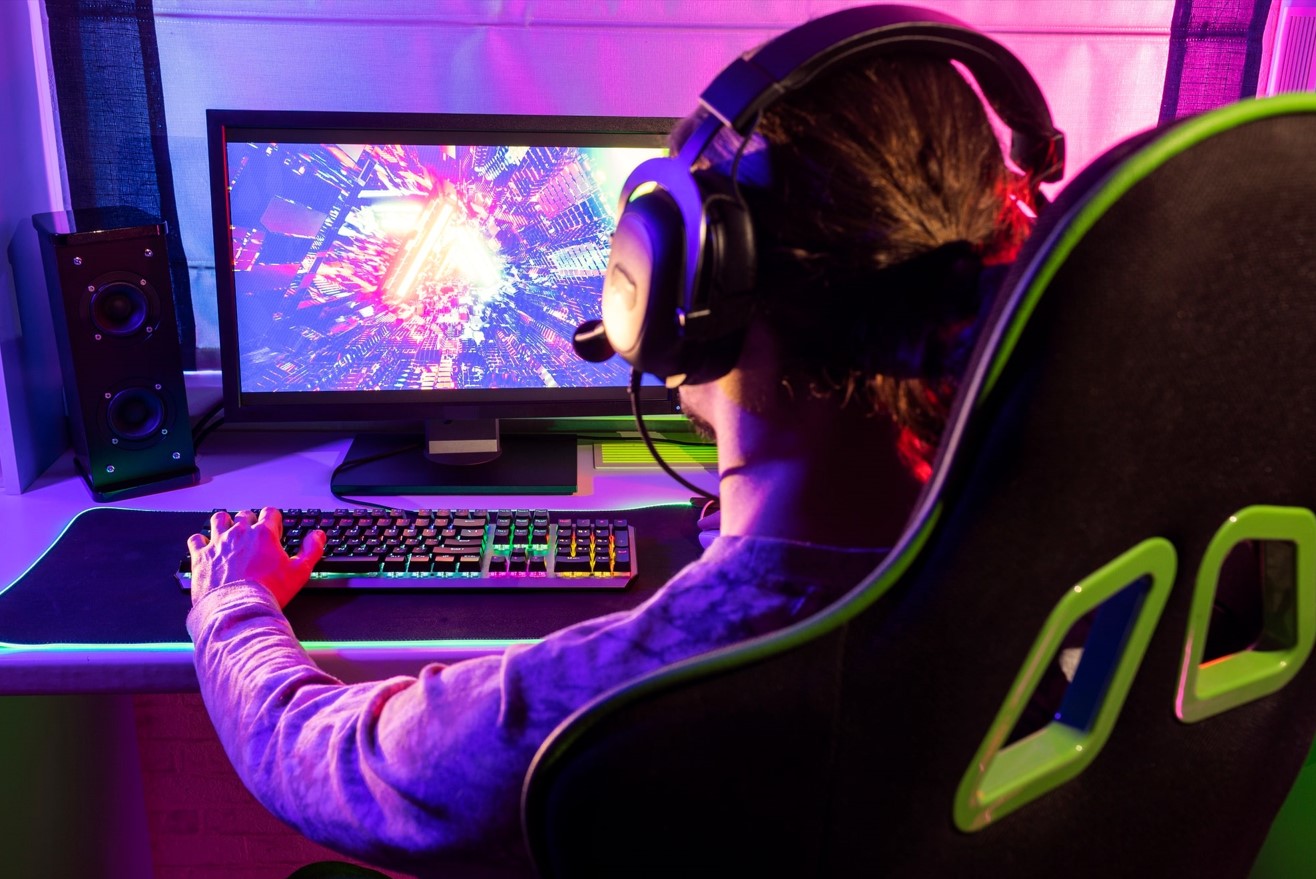The landscape of entertainment has evolved significantly over the past few decades, with online Krwin gaming emerging as a dominant force. Once considered a niche hobby, it has transformed into a global phenomenon, engaging millions of players across various platforms. This article explores the rise of online gaming, examining its social impact, technological advancements, and the challenges it faces in an ever-changing digital world.
The Evolution of Online Gaming
Online gaming began in the 1970s with simple text-based games played over ARPANET, the precursor to the internet. As technology progressed, so did gaming. The late 1990s and early 2000s marked the advent of massively multiplayer online games (MMOs) like EverQuest and World of Warcraft, which allowed players to explore vast virtual worlds, interact with each other, and undertake quests together. These games set the stage for a new era of gaming, fostering communities that transcended geographical boundaries.
With the introduction of high-speed internet in the early 2000s, online Kcwin gaming became more accessible. Players could connect seamlessly, leading to the explosion of online gaming platforms and titles. The emergence of social media and streaming services further enhanced this growth, creating a vibrant ecosystem where players could share experiences, strategies, and gameplay footage.
The Social Impact of Online Gaming
One of the most significant aspects of online gaming is its ability to connect people. In an increasingly digital world, games provide a platform for social interaction and community building. Players can forge friendships and collaborate with individuals from different cultures and backgrounds, creating a sense of belonging and camaraderie.
Multiplayer games like Fortnite, Apex Legends, and Call of Duty have become social spaces where players not only compete but also socialize. Voice chat features allow for real-time communication, enhancing the collaborative experience. These games often host virtual events and tournaments, attracting massive audiences and fostering a sense of community among players.
Moreover, online gaming has proven to be a powerful tool for social change. Games like Fortnite have been used to raise awareness for various causes, while platforms like Twitch enable gamers to support charitable initiatives through fundraising streams. This integration of gaming and philanthropy illustrates how online gaming can extend beyond entertainment to make a positive impact on society.
Technological Advancements Driving Online Gaming
The evolution of online gaming has been closely tied to advancements in technology. High-speed internet, powerful gaming consoles, and the rise of mobile devices have all contributed to the gaming landscape we know today.
Cloud gaming is one of the latest innovations, allowing players to stream games directly to their devices without the need for powerful hardware. Services like Google Stadia and NVIDIA GeForce Now have made high-quality gaming more accessible to a broader audience. This shift could change how we perceive gaming, as players no longer need to invest in expensive consoles or PCs.
Additionally, virtual reality (VR) and augmented reality (AR) technologies have opened new dimensions for gaming experiences. Games like Beat Saber and Pokémon GO have demonstrated the potential of immersive gameplay, creating unique interactions and enhancing player engagement. As these technologies continue to develop, the possibilities for online gaming will expand even further.
Challenges Facing Online Gaming
Despite its rapid growth and popularity, the online gaming industry faces several challenges. One of the most pressing issues is the concern over player safety and mental health. Reports of cyberbullying, harassment, and toxic behavior within gaming communities have raised alarms. Game developers and platform providers must take proactive measures to create safe and inclusive environments for all players.
Furthermore, the rise of gaming addiction has become a significant concern for mental health professionals. With the immersive nature of online games, some players may struggle to balance their gaming habits with real-life responsibilities. Encouraging healthy gaming practices and promoting awareness of the potential risks associated with excessive gaming is essential for the industry.
Additionally, the threat of cheating and hacking in online games poses challenges for developers and players alike. Cheating undermines the integrity of games, leading to frustration among players and diminishing the overall experience. Game developers are continually working to implement anti-cheat measures and maintain fair competition within their titles.
The Future of Online Gaming
Looking ahead, the future of online gaming appears bright. As technology continues to advance, we can expect to see even more innovative gameplay experiences, increased accessibility, and enhanced social interactions. The gaming industry is likely to grow in tandem with trends such as eSports, where competitive gaming has gained mainstream recognition and is now featured in major sporting events.
The rise of user-generated content (UGC) in gaming also points to a future where players become creators. Games like Roblox and Minecraft allow players to design their own experiences, fostering creativity and collaboration within gaming communities. This shift toward player agency could reshape the gaming landscape, emphasizing the importance of community-driven content.
Moreover, as gaming becomes increasingly integrated into mainstream culture, we can anticipate a greater focus on storytelling and narrative-driven experiences. Games are being recognized as a legitimate form of art, capable of conveying complex themes and emotions. This recognition could lead to more diverse storytelling and character representation within the gaming world.
Conclusion
The rise of online gaming has fundamentally changed how we connect, interact, and experience entertainment. From its humble beginnings to its current status as a global phenomenon, online gaming has fostered communities, driven technological advancements, and provided new avenues for social engagement. While challenges remain, the future of online gaming holds immense potential for innovation, creativity, and connection. As players continue to explore virtual worlds together, the impact of online gaming on society will undoubtedly continue to grow, shaping the way we play and connect in the years to come.
Sebastian is an accomplished author with a passion for storytelling. His works span various genres, from thrilling mysteries to heartfelt romance novels. With a keen eye for detail and a knack for character development, Sebastian weaves engaging narratives that captivate readers and transport them to new worlds.
